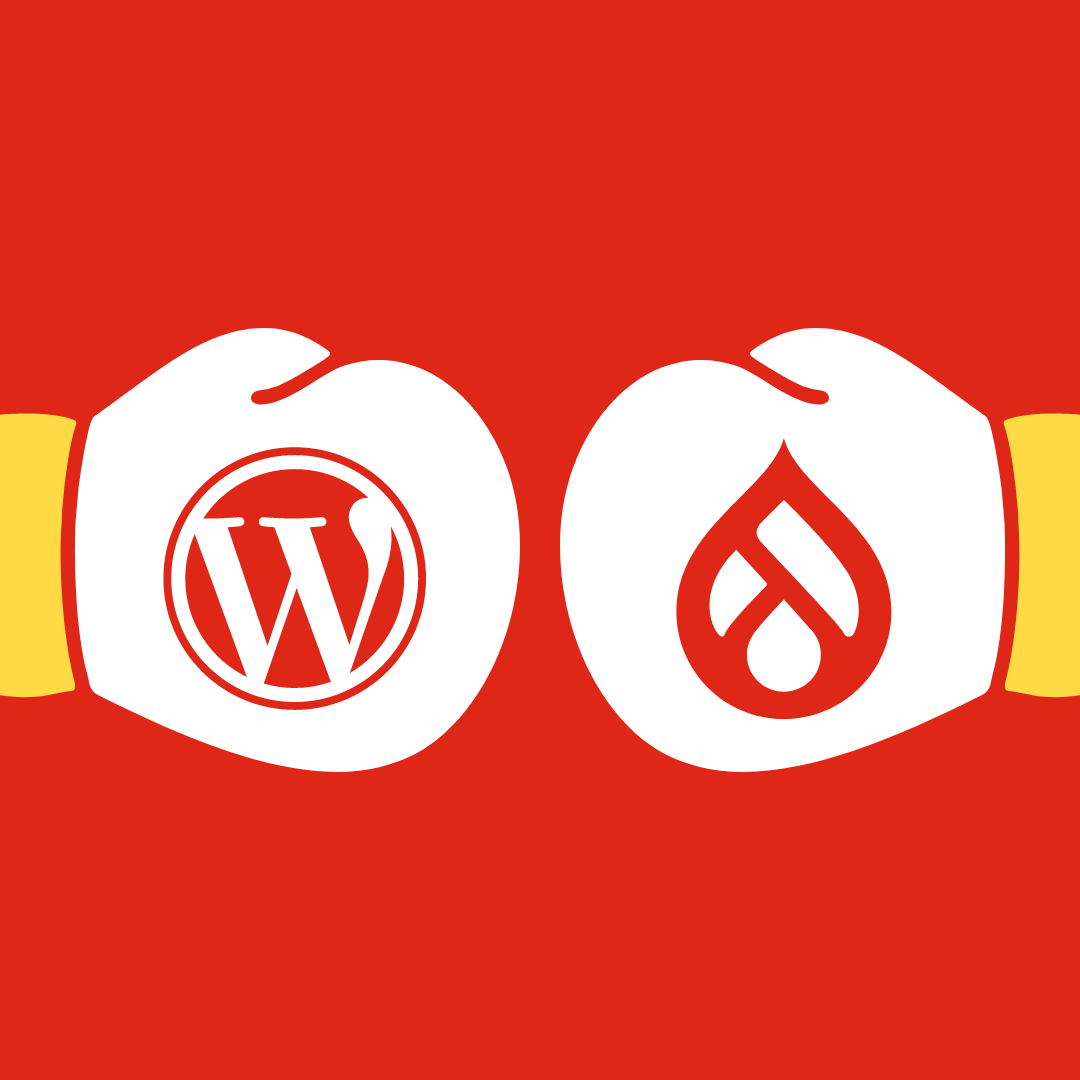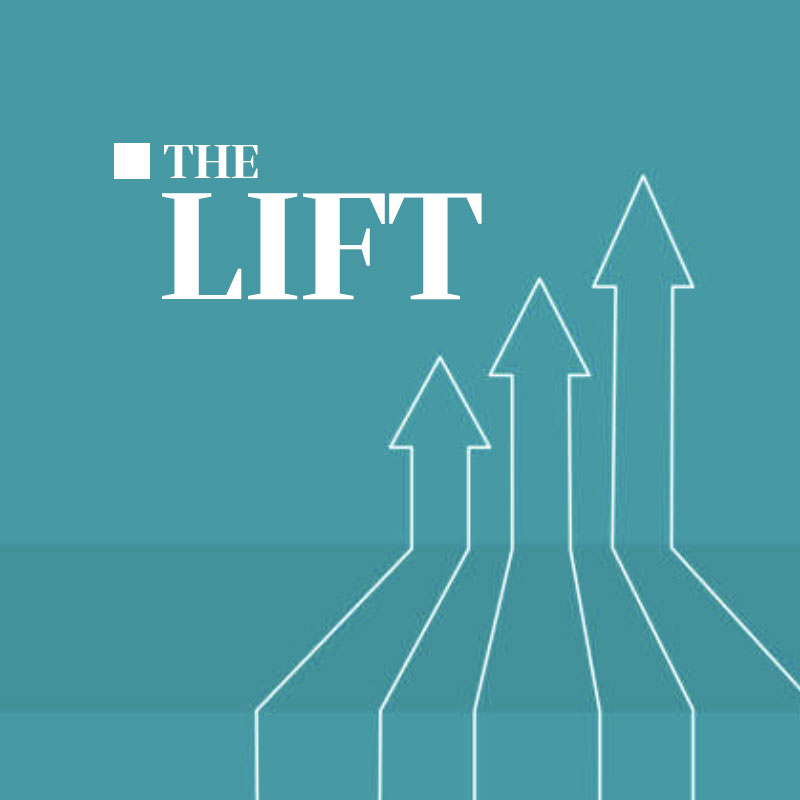In this blog post, we’ll explore the key differences between two popular open-source content management systems, WordPress and Drupal, to give you the insights you need to make an informed decision about which CMS best suits your needs for the websites and/or web applications you manage.
Key Similarities
Drupal and WordPress are both built on the LAMP (Linux – Apache – MySQL – PHP) stack that enables users to build and manage websites and online applications. While both systems are highly versatile and widely used, they cater to different needs and users.
Key Differences
Ease of Use: Advantage Goes to WordPress
WordPress is widely known to be more user-friendly than Drupal, with a fairly intuitive interface that requires less technical acumen to navigate.
Drupal has a steeper learning curve and may be more challenging for beginners to master.
Flexibility and Scalability: Advantage Goes to Drupal
Drupal offers greater flexibility and scalability, making it suitable for building highly customized websites and applications. It’s favored for its ability to handle complex projects with detailed requirements.
WordPress, while less flexible, excels in its ability to quickly deploy simple websites with minimal effort.
Customization: Advantage Goes to WordPress
While both platforms are highly customizable, WordPress comes out on top in this category with over 53,000-plus free plugins and 5,000-plus free themes. This inherent flexibility makes it a go-to platform for Culture Foundry developers, who appreciate the software’s ever-evolving nature.
“There is a lot of active development currently happening in WordPress to make it more flexible and more efficient,” says Culture Foundry Software Engineer Collin Jensen. “With the release of WordPress’s Gutenberg editor, and the ongoing ‘Full Site Editing’ (FSP) initiative, it’s easier than ever for developers to give controls to clients for managing the look and feel of their entire website, without even the need for site builder tools like Elementor.”
Community and Support: Advantage Goes to WordPress
Between the two, WordPress has a larger and more active community of developers and users. As a WordPress user, you’d have access to 24/7 live chat support, email support, contact forms, and community forums.
Drupal also has a supportive community through various mediums, including forums and community documentation, but it is smaller and more specialized in comparison.
Security: Advantage Goes to WordPress and Drupal
Nothing on the Internet is 100-percent secure. However, both WordPress and Drupal prioritize security, regularly releasing updates to address vulnerabilities.
Due to its popularity, WordPress websites are more frequently targeted, but security threats can be mitigated by implementing best practices, namely limiting third-party plugins and keeping the plugins you use up to date.
Drupal has earned a reputation for its secure and robust security architecture. From 2009-2017, it was the platform of choice for the White House and other U.S. government websites and is commonly used by municipalities and academic institutions.
That said, the official White House website is now WordPress, following a switch from Drupal, which furthers the point that both platforms are fairly secure if you handle them correctly.
Culture Foundry Software Developer Collin Jensen notes, “Drupal benefits somewhat from ‘security in obscurity.’ Because it offers fewer plugins and themes, it’s easier to stay on top of routine updates. But Drupal’s complexity also makes it harder to maintain, so it’s a bit of a trade-off. WordPress can be just as secure in the hands of a good developer, so the choice really comes down to the nature of your business and whether your website or application requires the additional flexibility and scalability Drupal offers.”
Conclusion
In summary, Drupal is a powerful CMS known for its flexibility and scalability. It has a robust architecture and the ability to handle complex websites with large volumes of content. Drupal is highly customizable, making it suitable for building anything from small personal blogs to enterprise-level websites and applications.
By comparison, WordPress is the most popular CMS globally. More than 40 percent of websites are built on WordPress, according to data from W3Techs. It’s known for its user-friendly interface and ease of use, making it an excellent choice for beginners and non-technical users.
So, which CMS should you choose in 2024? Ultimately, it depends on your specific needs and technical expertise. If you’re looking for a user-friendly CMS with a significant number of plugins and themes, WordPress will likely be the ideal choice.
However, if you require a highly customizable and scalable solution for complex projects and have a bit more technical expertise than the average person and/or a bit of time to invest in learning, Drupal may better suit your requirements.
Ultimately, both Drupal and WordPress are excellent CMS platforms. By carefully evaluating your needs and conducting thorough research, you can select the CMS that best aligns with your goals and objectives.
Need Help Deciding?
At Culture Foundry, we provide support for clients on both platforms and can assist you in selecting the most suitable CMS to meet your requirements. If this is something that you’d be interested in, complete the interest form below, and we’d be happy to arrange a discovery call.

